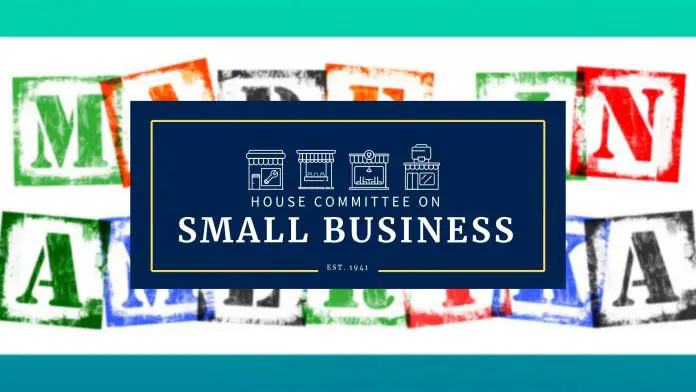In a significant move aimed at revitalizing American manufacturing, Congressman Roger Williams (R-TX), joined by Senator Joni Ernst (R-IA) and SBA Administrator Isabella Casillas Guzman, recently announced key legislation to strengthen U.S. small business manufacturing. This initiative seeks to empower small businesses to modernize their operations, enhance access to capital, and ultimately contribute to job creation across the nation.
The legislation is designed to bolster the Small Business Administration’s (SBA) “Made in America” Manufacturing Initiative. This initiative supports small manufacturers who often face steep capital requirements for modernization and growth. As Congressman Williams noted, “Access to capital is something small businesses are concerned about. This is going to do a lot to fix that."
With the current economic climate highlighting the need for domestic production, this legislation arrives at an opportune moment for small business owners. By enabling these owners to modernize equipment and expand operations, the initiative provides a potential lifeline that may drive innovation and efficiency.
Quotes from prominent figures such as Congressman Williams emphasize confidence in this direction. He stated, “We’re going to put more people to work, more taxpayers, more tax revenue.” His vision connects this legislation with the larger objectives of creating good-paying jobs and enhancing the overall economy.
For small business owners grappling with how to compete effectively, the implications of this bill are profound. The legislation not only aims to improve access to capital but also encourages workforce development, equipping businesses to attract and retain skilled employees. The interconnectedness of a stronger supply chain, sourced domestically, could lead to more resilient operations.
The benefits extend beyond mere economics; they tap into a sense of national pride and entrepreneurship. Williams articulated this sentiment when he remarked, “The idea that you can take risk in America and get reward again is back.” This understanding of risk and reward resonates strongly with small business owners looking to innovate and expand.
However, while the potential benefits are noteworthy, small business owners must also consider possible challenges that could arise from such initiatives. For instance, the successful implementation of these programs hinges on smooth collaboration between various stakeholders, including government, financial institutions, and the businesses themselves. This necessitates a proactive approach to ensure alignment and effective communication.
Moreover, there’s the inherent uncertainty tied to any legislative process. The details of funding allocations and timing are often subject to change, which can leave small businesses in a state of anticipation. Business owners should stay informed and engaged with local SBA representatives to navigate these changes effectively.
As this legislation progresses, small business owners should keep an eye on how these developments could materialize in their communities. Engaging in local business networks can provide useful insights and opportunities for leveraging new funding avenues.
In summary, the recent introduction of legislation aimed at revitalizing small business manufacturing presents a promising opportunity for American innovation and growth. Small business owners are encouraged to understand the potential benefits—improved access to capital, modernization, and workforce development—while remaining aware of the challenges that may accompany these changes. By staying informed and adaptable, small businesses can harness this momentum towards a stronger, more resilient future.
For more details, visit the original announcement here.
Image Via Envato: MichaelJayBerlin



